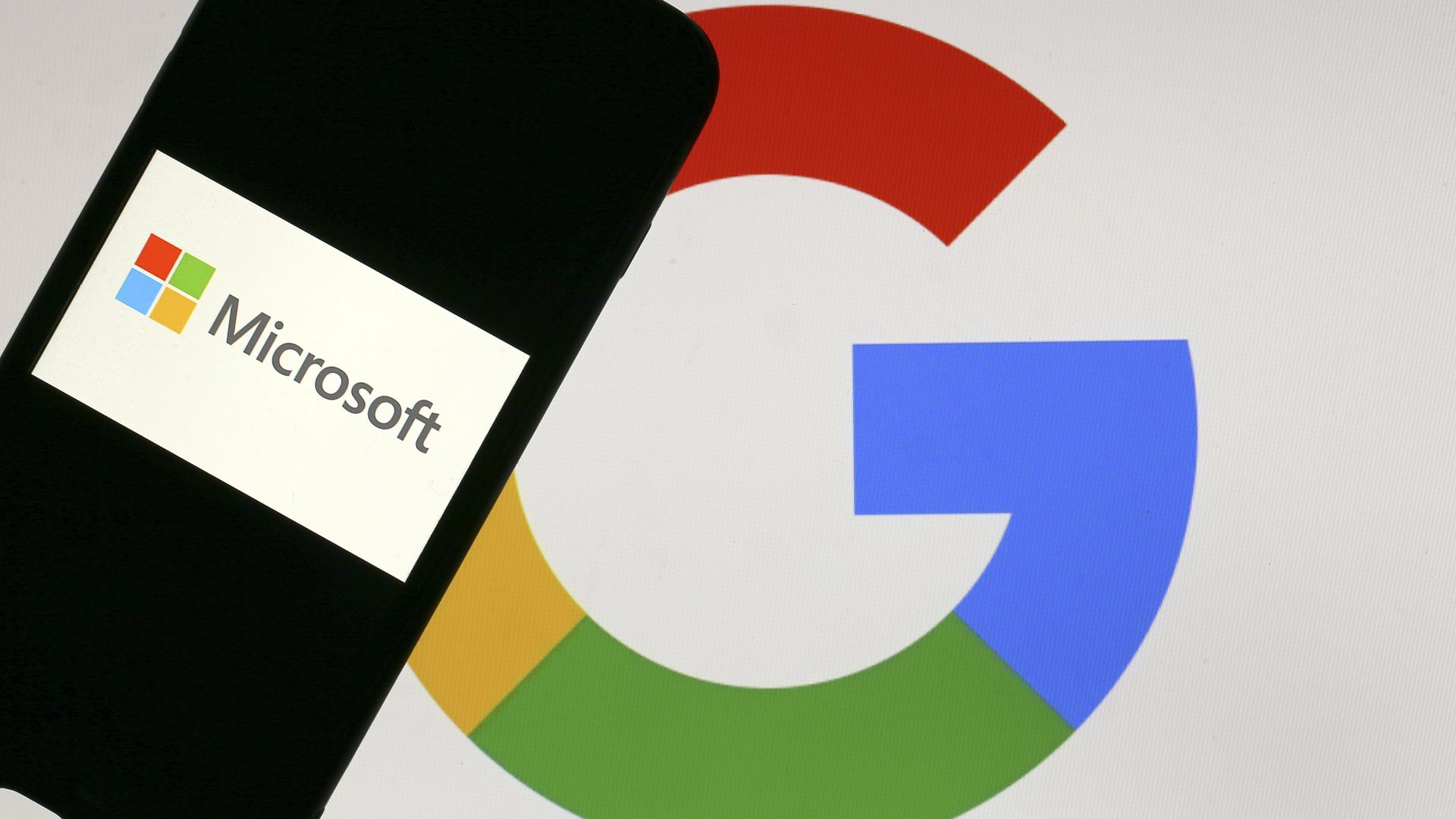
According to a letter obtained by Reuters, Google has asked Britain’s antitrust authority to take action against Microsoft, arguing that its business methods have put competitors at a severe disadvantage. Microsoft and Amazon have been under increasing attention around the world for their dominance in the cloud computing sector, with regulators in the United Kingdom, the European Union, and the United States investigating the top providers’ market power. Following a referral from media regulator Ofcom that highlighted Amazon and Microsoft’s market dominance, the CMA (Competition and Markets Authority) initiated an inquiry into Britain’s cloud computing business in October.
Google claimed in a letter to the CMA that Microsoft’s licensing rules unjustly deterred users from adopting competitor services
According to Ofcom, Amazon Web Services (AWS) and Microsoft’s Azure will control 70-80 per cent of the public cloud infrastructure services market in the United Kingdom by 2022. Google’s cloud business was their closest competition, accounting for 5-10% of the market. Google claimed in a letter to the CMA that Microsoft’s licensing rules unjustly deterred users from adopting competitor services, even as a secondary supplier alongside Azure. “With Microsoft’s licensing restrictions in particular, UK customers are left with no economically reasonable alternative but to use Azure as their cloud services provider, even if they prefer the prices, quality, security, innovations, and features of rivals,” Google wrote in its letter to the Competition and Markets Authority (CMA).
According to the corporation, such tactics directly impacted customers and were the single significant impediment to competition in the UK’s cloud computing sector. Microsoft revised its license terms last year to address similar concerns and promote competition, but the adjustments did not satisfy competitors. Microsoft refused to comment for this article. Google Cloud Vice President Amit Zavery told Reuters that his company was committed to a multi-cloud concept in which clients could simply switch between providers depending on their needs. “A lot of our software and cloud services interoperate and can run on AWS or on Azure as well, so you’re not restricted,” he went on to say.
“If you don’t fix this, eventually you will have fewer cloud providers, and then innovation will not really happen, and investments will start shrinking.” At issue was Microsoft’s decision to update the terms for when customers wanted to use their Windows or other software licenses in the cloud, effectively resulting in higher costs if they used Google or AWS instead of Microsoft’s Azure.
When asked why Amazon, which has a higher proportion of the cloud market than Microsoft, did not pose a similar anticompetitive danger, Zavery stated that AWS customers were not subject to the same constraints. “There are some issues with cloud interoperability, but we can resolve them.” “That’s a conversation between providers that everyone understands, and customers are forcing that conversation,” he said. “The problem we run into with Microsoft is that there’s no technical issue, but you have licensing restrictions which means we are now being prevented from competing.” Google offered six recommendations to the CMA, including compelling Microsoft to improve interoperability for consumers using Azure and other cloud services, as well as prohibiting it from withholding security updates from those who switch.






